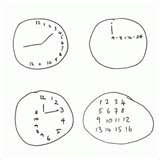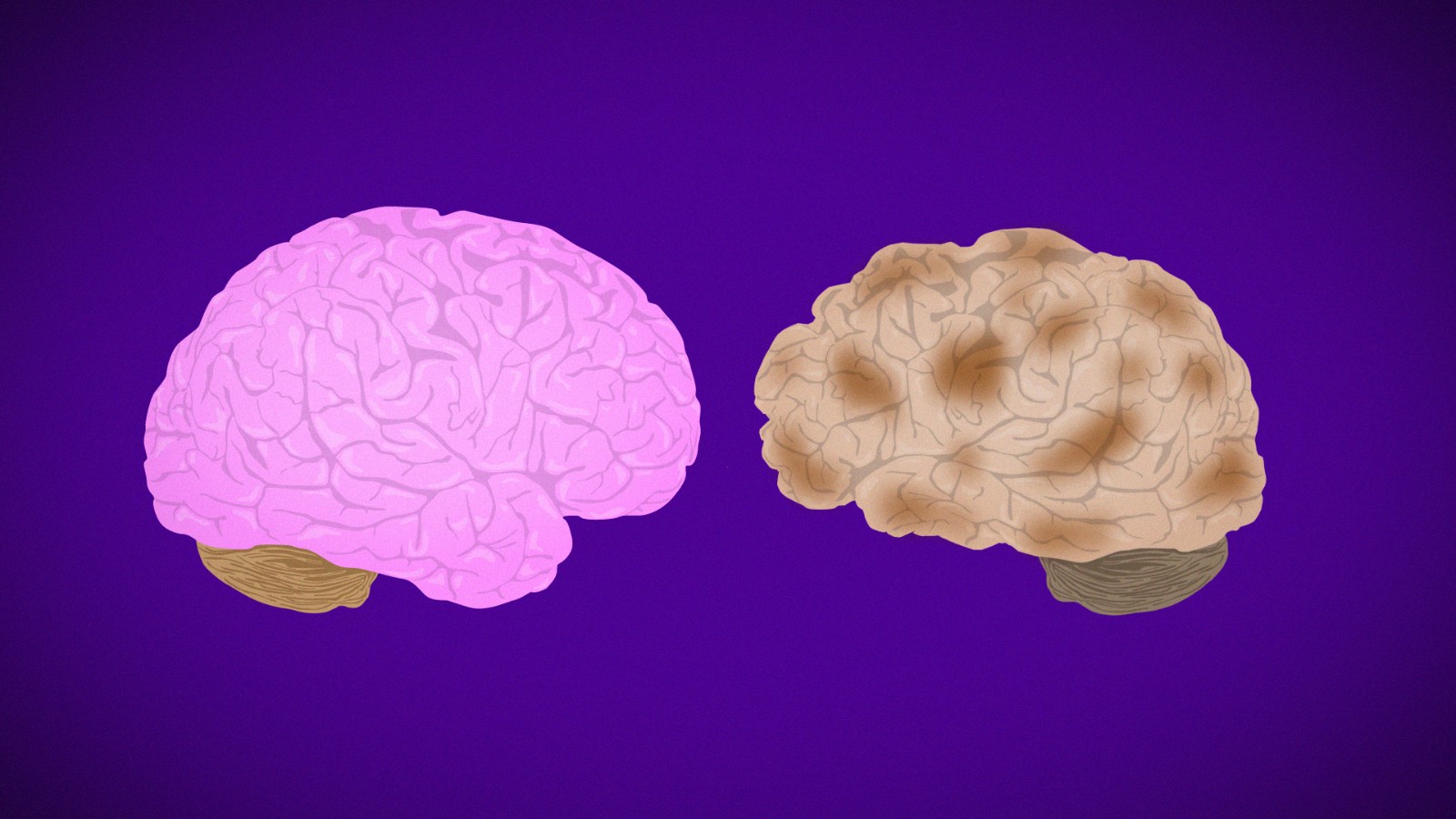- I have few suggestions. Bob's idea of rearranging the furniture is a great one and should be tried.
- I also suggest compiling "busy boxes" with items that you can
access quickly and easily. You can give the items to your Mother just
before doing your chores or whatever the case maybe and the items might
hold her attention for a short period of time so she doesn't miss you or
look for you quite as quickly.
Items for the box could be wrapping yarn if she used to knit, the
newspaper (if her hometown still produces a newspaper you could
subscribe to it and have it delivered to your house), photo albums (it
works best to compile several small photo albums with a few pictures
each so if they lose interest in one they can move to another one and
make sure all the pictures are from years ago not recent ones), old
letters or note cards, small quilt samples, and so forth.
Try to amass items that used to interest you mother.
There is a great magazine called REMINISCE
that has articles from yesteryear and it is written for people who have
memory loss. This magazine might hold her interest for quite a while,
it is filled with pictures and stories from the years gone bye.
- I also suggest, if you belong to a church or other organization
asking for volunteers or friends who can commit to coming by for a
"visit" at set times a couple of times per week.
The "visits" don't have to be very long, 30 minutes and if they are
scheduled you can plan for some alone time. You can set the visits up to
be fun, like having tea with the neighbors or bible study, etc. If you
have other family around and they are willing to help, you can set up a
care calendar with them for the "visits". Many times the primary
caregiver doesn't ask for other family members to actually commit to a
certain time to help.
- As for you mother not acknowledging the fact that she has
Alzheimer's or acknowledging the fact that she needs help; this is also
extremely common and can be frustrating for the caregiver.
Alzheimer's causes a phenomenon to happen, usually fairly early in the
progression which is called "anosognosia" which is from the Latin term
which means Agnostic.
The true definition of "agnostic" is "to not know". So the
"anosognosia effect" on the person is that it causes the person to think
and really believe that they are functioning completely normal without
any problems what-so-ever.
- They think they can still live by themselves, drive their cars, they
don't take any medicines because they are healthy, and they certainly
don't believe they need help.
The "anosognosia" effect takes away their own ability to be able to
evaluate their own skill level and this sets up huge power struggles
with the caregiver. So the caregiver is challenged with making things
seem like it is the person's idea and doing everything they can to not
argue or try to convince them that they are wrong.
_______________________________
It takes two people to argue and the caregiver has the ability to not
argue where the person who has Alzheimer's will not have the same amount
of self control.
- I have found it most helpful to say things like "you are right,
you don't need help but I will feel better if I help you"; things like
that but with as few words as possible. Too many words causes confusion.
As for the negative "words and attitude", you will have to let this kind of roll off your back.
Her ability to comprehend "negative words vs positive words" may be very
diminished and Alzheimer's causes the person to lose the ability to
have empathy in relation to others in the same way you and I can
understand that our words and actions effect others either positively or
negatively.
The negative behavior is generally not a purposeful behavior but for some folks it is a long term habit of negative thinking.
Where they used to have the internal filters and control to not say the
first thing on their mind they now don't have those filters and you
never know what might come out!
Examples of this are people beginning to use curse words when they never
have before in front of their loved ones and now they use very colorful
language.
- Rapid changes in her mood, going from happy to sad to angry in a
flash of eye can be very difficult to understand. It is called "labile"
behavior and it is a loss of emotional control.
The key here is to match your response with the emotion that she is
exhibiting. She may not realize that she is acting like she is "angry"
or "sad". So if she is "angry" about something you can say "I'm sorry I
made you angry". Or, "sorry that made you angry I'll make sure that
doesn't happen again" (I've accepted responsibility for many many many
things that I had nothing to do with over the years but at that moment
you can see the person's face lighten and the "mood" will change.
The labile behavior is not necessarily caused by anything in the
environment it simply causes rapid mood swings. There are some
medications that may help for mood stabilization.
I am not an advocate for use of medications unless absolutely necessary.
- It is not comfortable for the person who has Alzheimer's to go through their days angry, upset, anxious, or frightened.
If it was me who had the illness and if everything else my family has
tried to help me live in good moments has not worked and I was still
anxious most of the day and night and frightened...I would tell the
doctor "give me something...I am miserable".
I hope this information helps you and your mother along your journey.
Jennifer Scott
has been in healthcare since 1984, working with a variety of people
with disabilities. She has delivered numerous speaking and educational
presentations about Alzheimer’s disease and how to care for those
suffering with dementia.






